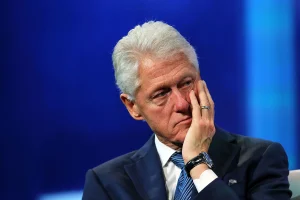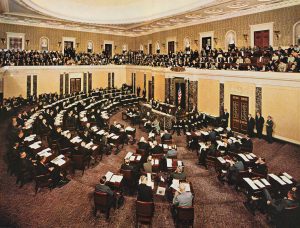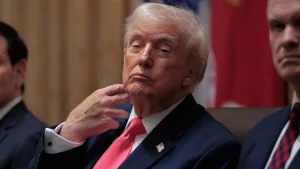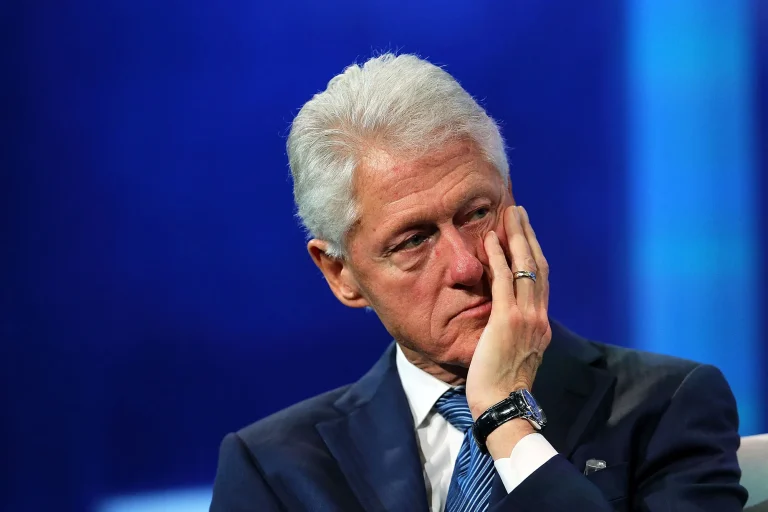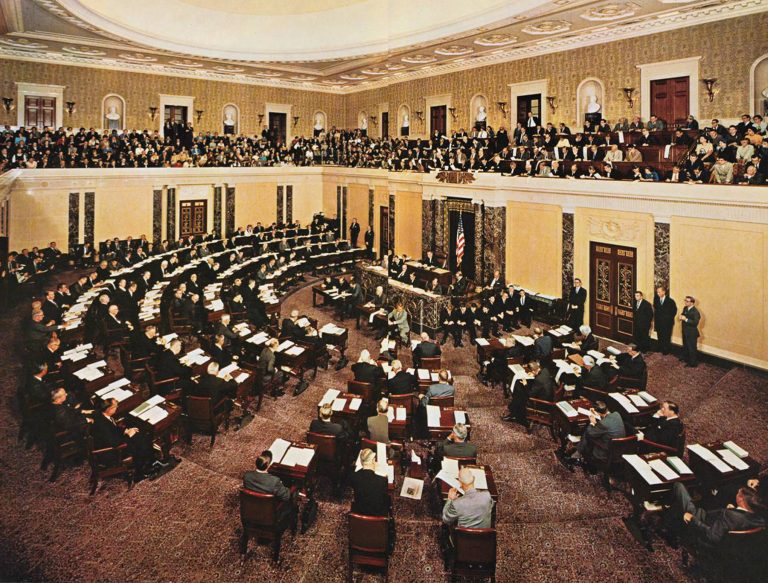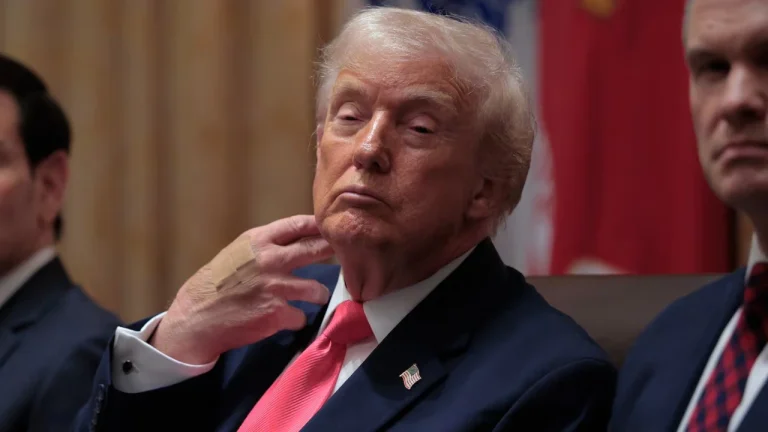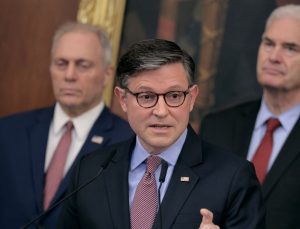WASHINGTON, D.C. — The Senate on Wednesday rejected a Democratic-led resolution that sought to curtail ongoing U.S. military strikes on vessels alleged to be involved in drug trafficking near Venezuela. The vote, 48–51, followed heated debate over the legal authority for the strikes and the potential escalation of military engagement in the region.
The resolution, sponsored by Senators Adam Schiff (D–Calif.) and Tim Kaine (D–Va.), invoked the War Powers Resolution of 1973, aiming to prevent the U.S. military from engaging with “any non-state organization engaged in the promotion, trafficking, and distribution of illegal drugs and other related activities” without explicit congressional approval.
“There has been no authorization to use force by Congress in this way,” Schiff said ahead of the vote. “These strikes risk escalating into a full-blown conflict with Venezuela. I feel it is plainly unconstitutional.”
Details of the Strikes
The strikes, confirmed by the Trump administration, targeted boats allegedly linked to Venezuela’s Tren de Aragua, Mexico’s Sinaloa Cartel, and El Salvador’s MS-13 gang. According to officials, at least 21 people have been killed in four separate attacks since September 2.
A White House report following the second strike in mid-September described the situation as a “non-international armed conflict” with drug cartels, framing the operations as defensive measures against groups engaged in what the administration termed an “armed attack” on American citizens. The report argues that the cartels’ role in smuggling lethal narcotics constitutes a national security threat on par with terrorism.
“These are targeted strikes against imminent threats to the United States,” said Secretary of State Marco Rubio, who met with Senate Republicans on Wednesday. He defended the president’s authority to act without prior congressional approval.
Legal and Congressional Challenges
Democrats and some Republicans expressed concern over the legal justification for the strikes. Senator Kaine noted that the administration has not provided lawmakers with intelligence supporting the operations, the rationale for using lethal force instead of interdiction, or the legal grounds for continuing the campaign.
“The White House does not maintain there’s any congressional authorization,” Kaine said. “These military actions should stop unless authorized by Congress — not permanently, but until Congress acts.”
Under the War Powers Resolution, the president is required to consult Congress before introducing U.S. forces into hostilities unless there has been a declaration of war or other statutory authorization. Without approval, the president must withdraw forces within 90 days. The law, enacted after the Vietnam War, aims to limit unilateral presidential authority to engage in military conflict.
Senate Debate Highlights
The debate showcased a split within both parties. Senator Rand Paul (R–Ky.), a long-standing critic of unilateral military action, objected to the strikes on principle and questioned the evidence.
“If anyone gave a you-know-what about justice, perhaps those in charge of deciding whom to kill might let us know their names, present proof of their guilt, show evidence of their crimes,” Paul said on the Senate floor. “Is it too much to ask to know the names of those we kill before we kill them?”
Paul also criticized Vice President JD Vance, who previously described the killings as “the highest and best use of our military.”
Other Republicans, including Senator Mike Crapo (R–Idaho), supported the president’s actions, calling them “fully compliant and fully justified.”
“The administration’s position is that these are defensive, targeted measures aimed at imminent threats to U.S. citizens,” Crapo said.
Historical Context
The vote follows a pattern of recent clashes over war powers. Earlier this year, Congress rejected a similar resolution from Kaine that sought to restrict presidential authority following U.S. airstrikes on Iranian nuclear facilities. The recurring conflicts reflect ongoing tensions between executive and legislative powers in U.S. foreign policy.
Schiff cautioned that permitting presidents to act unilaterally could set a dangerous precedent.
“We’re blowing up ships thousands of miles from our shore,” he said. “What is to stop another nation from doing the same thing and claiming self-defense? That’s not a precedent we should want repeated.”
Administration’s Perspective
White House officials describe the operations as preventive and targeted, focusing on drug-smuggling networks deemed a direct threat to Americans. The administration contends that the strikes are legal under the president’s constitutional authority to protect national security.
“The cartels are actively engaged in armed attacks against the U.S., and the president has a duty to respond,” said a senior official. “These operations are carefully calibrated to minimize escalation and protect civilians.”
Concerns Over Escalation
Opponents of the strikes emphasize the potential for regional escalation. Critics argue that unilateral action risks drawing the U.S. into a broader conflict with Venezuela, potentially destabilizing the region.
“We are thousands of miles from home, engaging in lethal operations without transparency or congressional oversight,” Kaine said. “This is exactly the kind of action the War Powers Resolution was designed to prevent.”
Some analysts warn that prolonged operations without congressional approval could erode norms surrounding the use of force and set a precedent for future administrations.
“When presidents engage in unilateral military actions without proper oversight, it shifts the balance of power away from the legislative branch,” said Dr. Elena Torres, a professor of national security law. “Congress’ ability to provide checks and accountability is weakened.”
Public Opinion and Political Implications
Public reaction has been mixed. Some Americans support a strong, proactive stance against drug cartels, framing the strikes as part of broader national security measures. Others question whether the U.S. should engage militarily in foreign waters without clear congressional authorization.
“The American people have a right to know how their military is being used and whether due process is observed,” Torres added.
Politically, the vote underscores partisan and intra-party divisions. While most Democrats opposed the administration’s actions, several GOP senators split, revealing differing perspectives on executive authority and foreign engagement.
Next Steps
With the resolution blocked, the U.S. military is expected to continue targeted operations against suspected drug-smuggling vessels in the Caribbean and Atlantic, under the current administration’s directive.
Lawmakers may pursue additional measures, including hearings, intelligence requests, and follow-up resolutions, to examine both the effectiveness and legal basis for the strikes.
“Congress still has tools to assert oversight,” said Meyer, a political analyst in D.C. “This vote doesn’t close the door on accountability; it simply reflects the current alignment in the Senate.”

James Jenkins is a celebrated Pulitzer Prize-winning author whose work has reshaped the way readers think about social justice and human rights in America. Raised in Atlanta, Georgia, James grew up in a community that instilled in him both resilience and a strong sense of responsibility toward others. After studying political science and creative writing at Howard University, he worked as a journalist covering civil rights issues before dedicating himself fully to fiction. His novels are known for their sharp, empathetic portraits of marginalized communities and for weaving personal stories with broader political realities. Jenkins’s breakout novel, Shadows of Freedom, won national acclaim for its unflinching look at systemic inequality, while his more recent works explore themes of identity, resilience, and the fight for dignity in the face of oppression. Beyond his novels, James is an active public speaker, lecturing at universities and participating in nonprofit initiatives that support literacy and community empowerment. He believes that storytelling is a way to preserve history and inspire change. When not writing, James enjoys jazz music, mentoring young writers, and traveling with his family to explore cultures and stories around the world.
